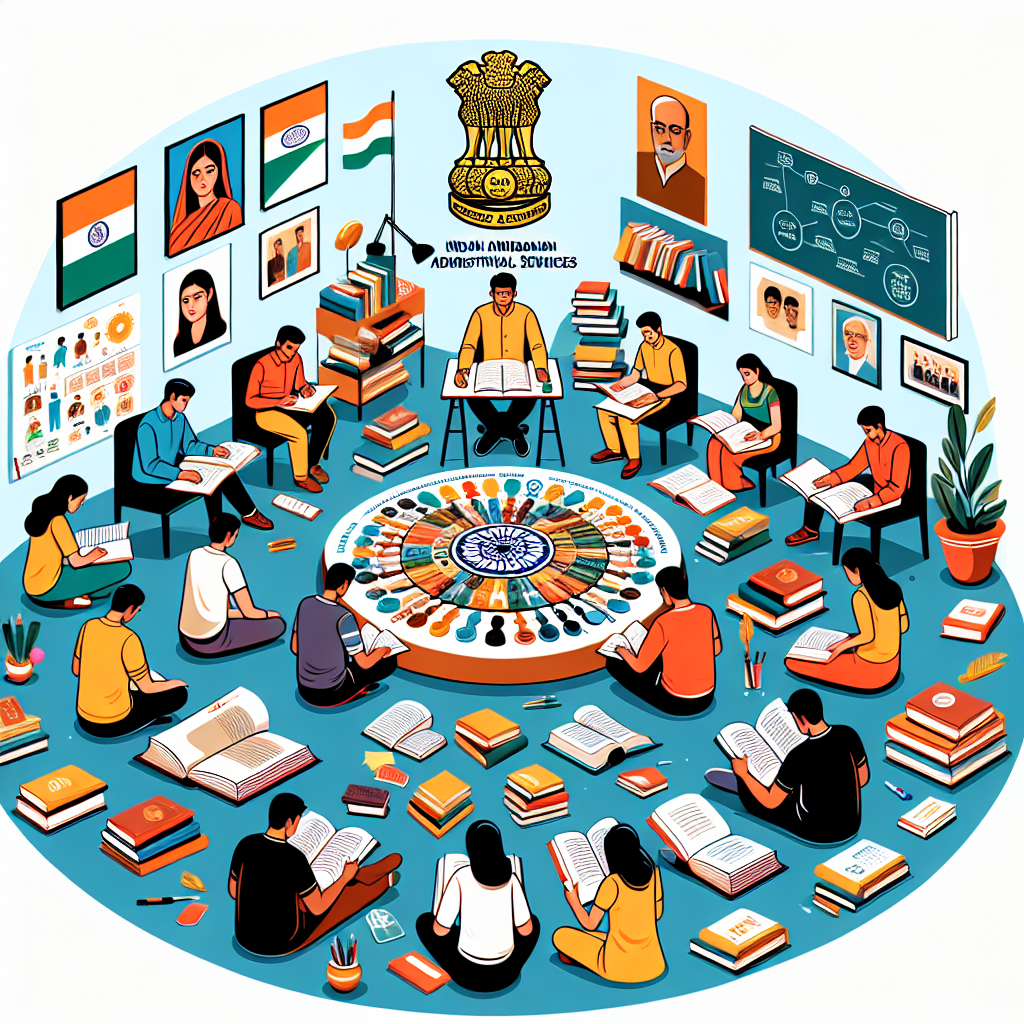Brain Injury Impact: Unveiling the Political Passions Pathway
A study on Vietnam War veterans reveals how damage to the prefrontal cortex and amygdala affects political passions. The research identifies which brain networks regulate political feelings, highlighting that emotional influence shapes political engagement intensity. Findings could inform clinical practice and enhance political discourse strategies.

- Country:
- India
Research on Vietnam War veterans has illuminated the brain's role in shaping political passions. Scientists discovered that damage to the brain's prefrontal cortex, which manages self-control and reasoning, could amplify political fervor. Conversely, injury to the amygdala, crucial for processing emotions, might diminish such passions.
The study, published in the journal Brain, assessed 124 veterans with head trauma and 35 combat-exposed individuals without injuries. Using neuroimaging to map brain lesions, researchers identified neural circuits influencing political engagement intensity across the spectrum, not tied to liberal or conservative ideologies.
The investigation suggests that reducing emotional attachment or adopting an opposing viewpoint can enhance political discussions. Clinically, the findings advocate for more comprehensive neuropsychiatric assessments, considering shifts in political behavior post-brain injury, to better understand and manage patients' social dynamics.
(With inputs from agencies.)
ALSO READ
Sarkozy's Legal Turmoil: A Tale of Alleged High-Intensity Corruption
AVNL-OFMK Strengthens Healthcare for Veterans with Rs 32 Lakh MoU
Tension in Zimbabwe: Veterans Clash with Mnangagwa Over Term Extension
Prince Harry visited war victims in Ukraine as part of his work with wounded veterans, AP reports quoting a spokesperson.
Controversy Erupts as Air Force Veterans Dismissed for Gaza War Protest










